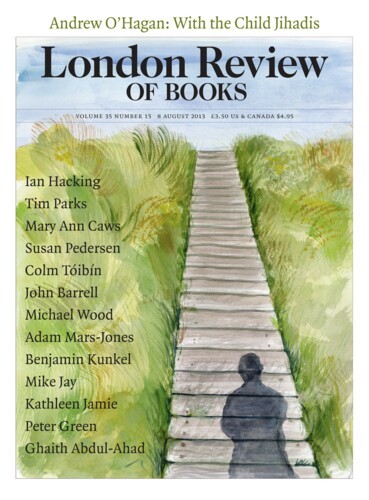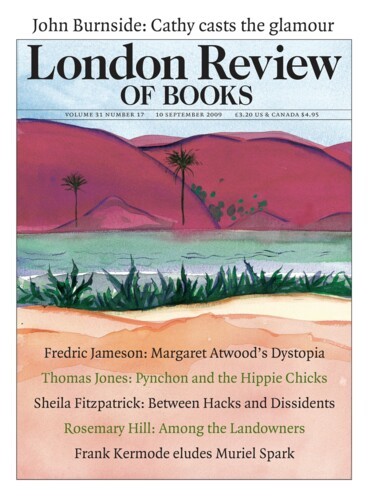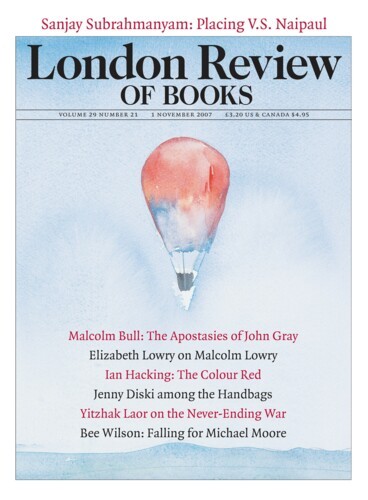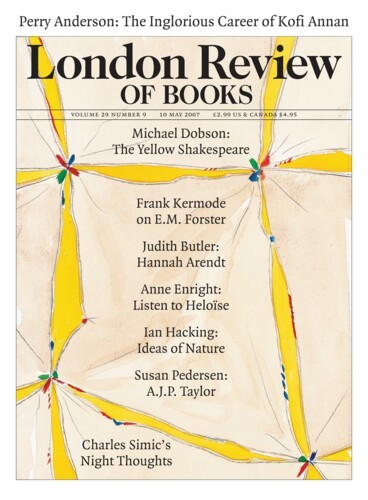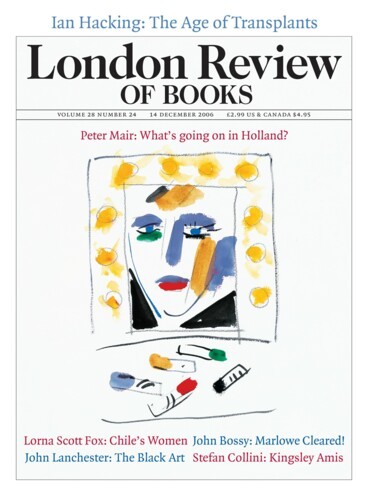Lost in the Forest: Who needs the DSM?
Ian Hacking, 8 August 2013
The new edition of the DSM replaces DSM-IV, which appeared in 1994. The DSM is the standard – and standardising – work of reference issued by the American Psychiatric Association, but its influence reaches into every nook and cranny of psychiatry, everywhere. Hence its publication has been greeted by a flurry of discussion, hype and hostility across all media, both traditional and social. Most of it has concerned individual diagnoses and the ways they have changed, or haven’t. Most critics attended to the trees, but few thought about the wood.
